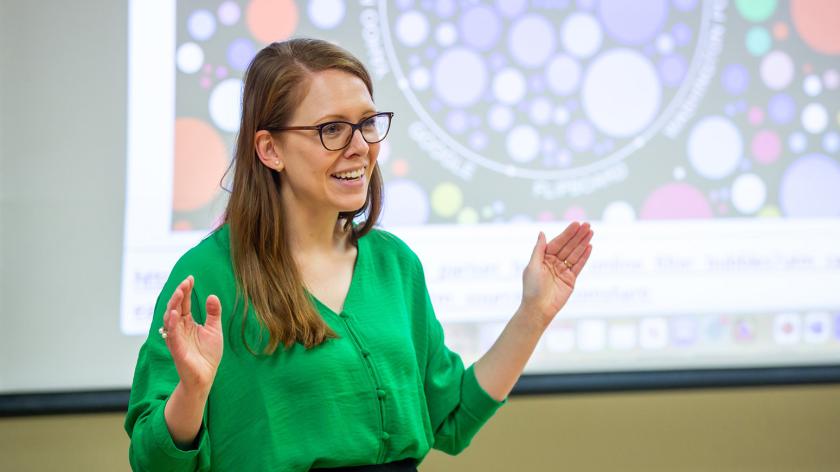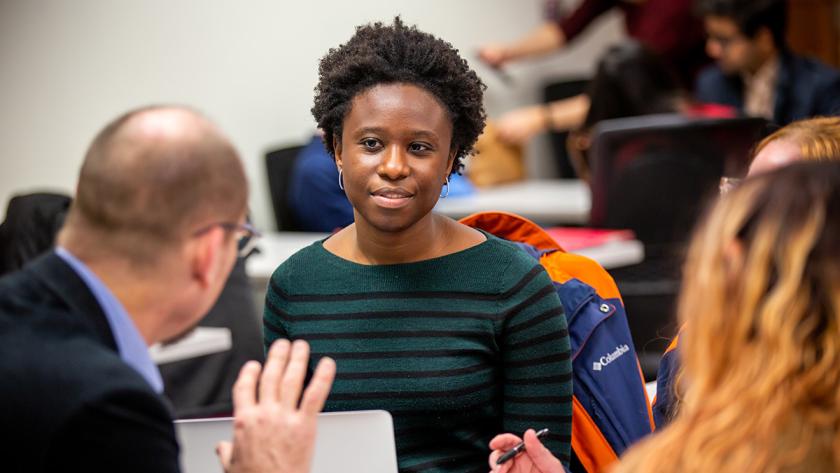The University Strategic plan notes, "As a land-grant university, Illinois is tasked with the privilege of service." The iSchool actively embraces the mission of service to the people of Illinois and to the world. This view should pervade and integrate our research, teaching, and community outreach. The results of our research into how people create, search for, and use information can and do inform and support public learning and innovation.
Continuing education, lifelong learning, and workforce development are core parts of our mission and activities. Public libraries have a long history of facilitating informal, personalized, student-centered learning for people of all ages and backgrounds. This attention to education from the earliest to the latest years inspires the iSchool's approach to these challenges across the University sector:
- Demographic change is inevitable, and to a large extent predictable;
- Soon there will be fewer 18-year-olds in the state of Illinois and nationally, and this smaller cohort will be more racially diverse with substantially more of its members self-identifying as multiracial.
At the same time there is an increasing recognition that we need to consider the learning needs of people beyond the typical age range of 18-25 that most university teaching implicitly assumes is the core market. This includes people who do not have an undergraduate degree and may not want one, those who may want a graduate degree, and those who may want to acquire new skills for career advancement or change, or simply to stay current with the latest technologies and ideas. The way in which libraries attend to lifelong learning from story time to post-retirement workshops infuses the iSchool's approach to an extent that goes "beyond lifelong learning to long learning for life."
In universities, our typical unit sizes of education are the multi-year degree and the semester-long course. Other unit sizes could be designed. Designing for the needs of students who have multiple intersectional diversities around age, race, prior educational experiences, work commitments, and family commitments is a challenge that we embrace.
Our impact will be magnified as we continue and extend our relationships with local organizations, communities and stakeholders—from libraries, schools and other nonprofits to hospitals and related wellness providers, small businesses, and corporations—that embrace the importance of information in their core business and commitments to the communities that they work in. One of our key strategic goals in this decade is to integrate different aspects of the relationships we build. Research partnerships, internships and other forms of experiential learning for students, and workforce development are potentially three facets of a single partnership. To achieve this goal, we will need to improve strategic coordination between faculty and senior staff in different parts of the school.



